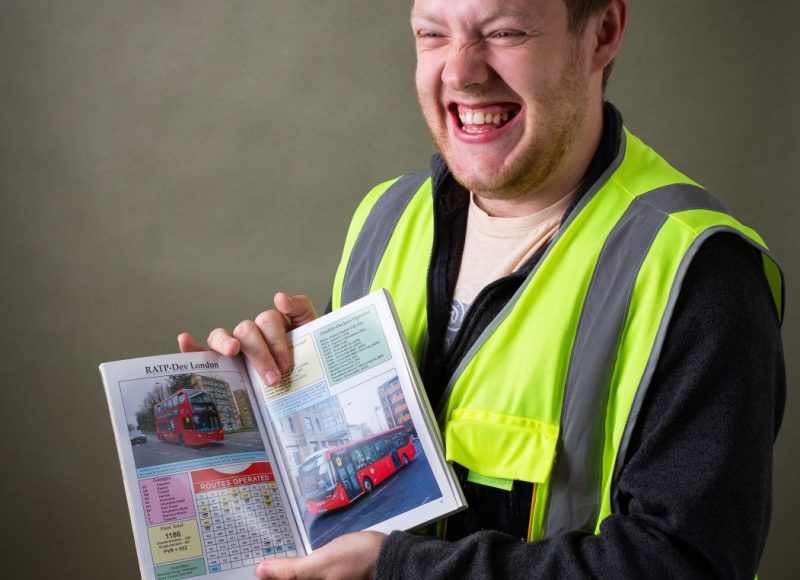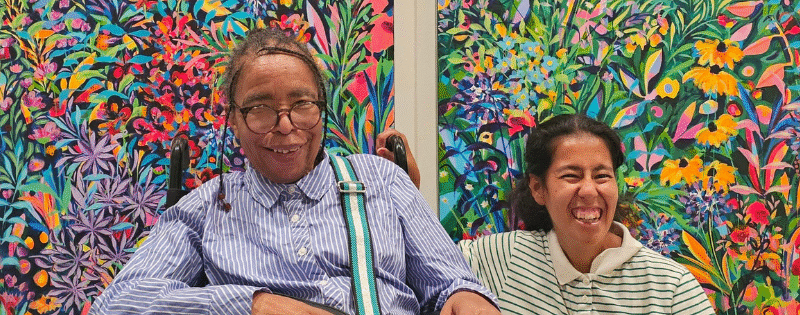
Learn more about learning disabilities, support work and the key words that we use.
A learning disability is a reduced intellectual ability to understand new and complex information and to carry out everyday activities – such as socialising, doing household tasks or managing money – which lasts for life.
People with a learning disability often find it difficult to do things on their own, learn new skills and look after themselves.
But everyone is different and learning disabilities can vary hugely from person to person.
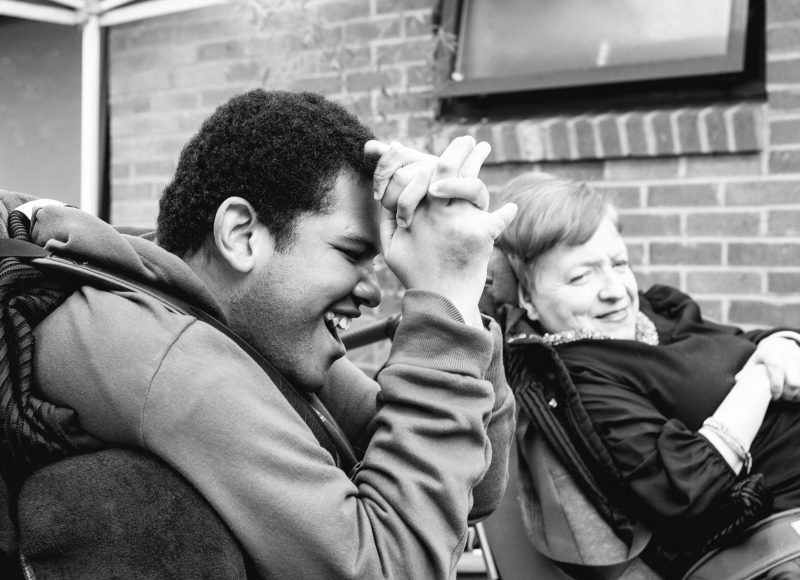
Our glossary contains explanations and descriptions for some of the key terms and phrases used in the world of learning disability to help you navigate and understand the language used.

Learning Disability Network London recently held an event about inclusive employment.
Our aim was to shine a light on the lack of employment opportunities for learning disabled and autistic people.
Currently 95% of people with learning disabilities do not have a job.
People with learning disabilities and autistic people, as well as supported employment experts, talked about their experiences. We held the event at the office of Brewin Dolphin in central London, who kindly loaned us their space.
Find out more about how you can create a more inclusive workplace and watch the recording of our event here.
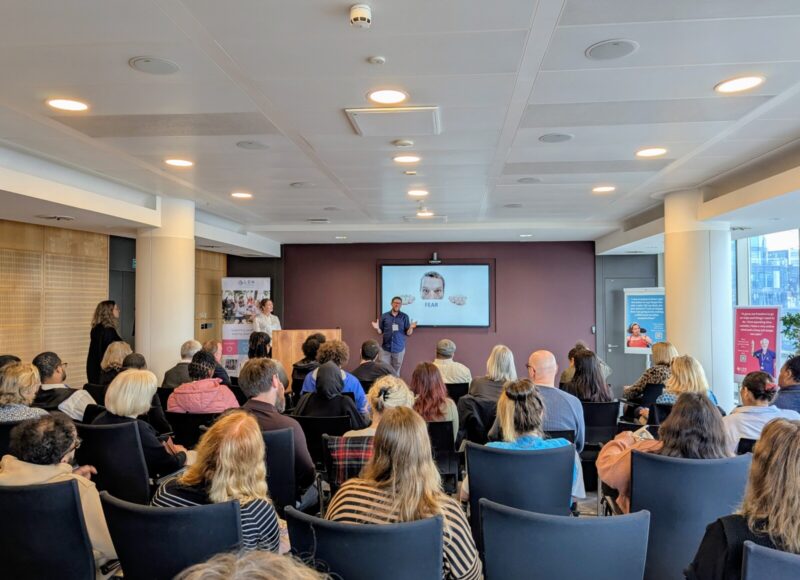
At LDN London we offer an Early Help and Advice Service to support families of children aged 0-5 who have a SEND diagnosis or who are going through the process.
Portage is a home-visiting educational service for pre-school children who have special educational needs and disabilities (SEND), and their families.
Find out more about what portage is and how we can support your family

A family support worker helps families of children with learning disabilities, giving them practical help, advice and emotional support.
Many families of a child with learning disabilities find it hard to get the information they need or are too overwhelmed to find the right support.
For some parents, English is not their first language. Yet they often have stacks of paperwork to read and information to understand.
This is where family support workers come in.

At LDN London, we’re committed to helping learning disabled Londoners stay healthy, safe, and live well as equal citizens. To support this vision in everyday practice, we’re launching a new series of Fact Sheets.
These concise, practical guides highlight the key principles of high-quality support. Designed as quick, accessible reference tools, they build on existing knowledge to help ensure best practice in daily work.
By embedding these principles into our routines, we empower teams to deliver consistent, confident, and exceptional care. This approach supports both better outcomes for the people we support and ongoing professional development.
This is just the start — more Fact Sheets will follow, and we look forward to sharing them with you.
Factsheet 1: What is active support?
Factsheet 2: What is total communication?
Factsheet 3: What are objects of reference and how can they improve communication?
Factsheet 4: What does a keyworker do?
Factsheet 5: Values based language and communication
Factsheet 6: Values Into Practice
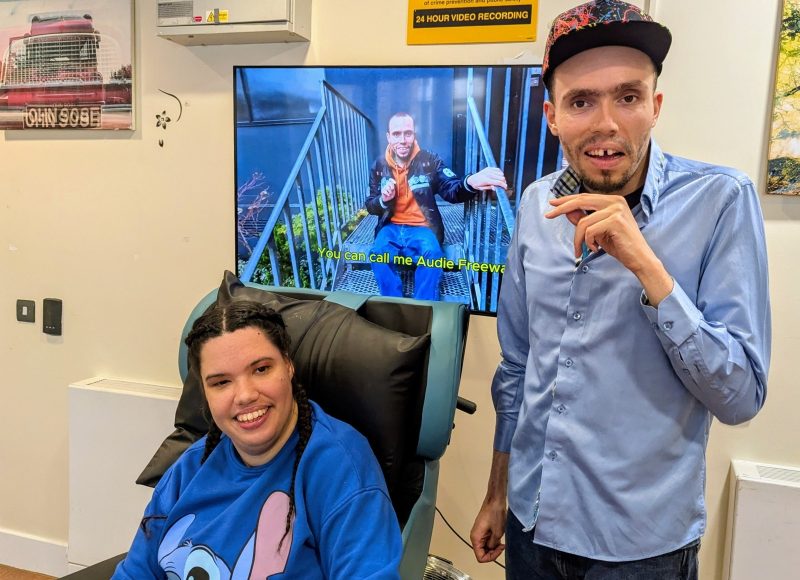
If you would like more information about any of our services or how we can support you, please get in touch. Contact our team by calling 020 8968 7376 or email hello@ldnlondon.org.
For more information about learning disabilities and Autism you could visit:
